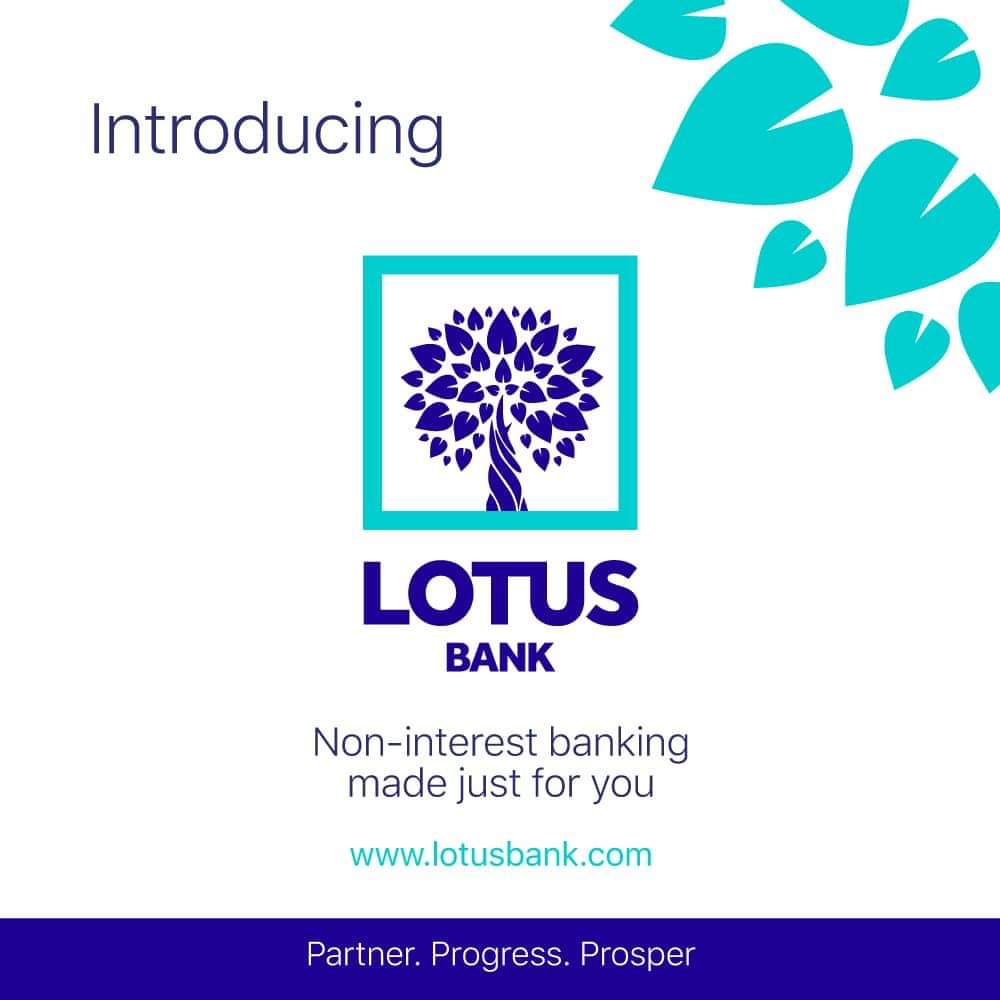Adeniyi Adebayo: Unsung, Silent Strides in Economic Diversification

Adeniyi Adebayo: Unsung, Silent Strides in Economic Diversification
By Rahma Olamide Oladosu
“A leader is best when people barely knows he exists, but when his work is done and his aim is fulfilled, they will say: we did it ourselves”
– Lao Tzu
In this age of technology when extreme publicity stunts cost nothing; in this era of social media and the hype, the lies, the exaggeration, the half-truths, the propaganda, the photoshops, fake news etc that come with it; in this time when it costs very little to recruit keypad warriors and keep them somewhere to be sharing one’s pictures, videos and activities as well as a lot of ego-boosting updates and self-promotional stuff, the fact that some persons in positions of authority are not dissipating energy and tax payers’ funds on needless publicity does not mean they should be completely ignored by the media. We must find a way to separate the wheat from the chaff and give honour to whom it is due so that we dont become an ungrateful generation.
We must not fail to celebrate those who are deserving of it just because they are either camera-shy or not obsessed with publicity. This is because it is not for lack of resources for newspaper advertorials and minutes on air that they are not always in our faces, it is just that some people are too busy making impact to have time to announce their achievements… Too busy moving from one breakthrough to another landmark success … Too busy developing policy papers, rallying heads of agencies under their watch, setting tough parameters, deadlines and targets that everyone must meet, attending meetings with local and global stakeholders and getting favourable deals done for the nation, convincing the President to make certain executive decisions and the National Assembly to make some legislative decisions that help the economy and all that…
Otunba Adeniyi Adebayo is not your everyday kind of politician. In fact, he is better referred to as a statesman.
He became the Minister of Industry, Trade and Investment in August 2019 on the back of a remarkable private legal practice spanning decades as well as excellent tenure as the first Executive Governor of Ekiti state from 1999 to 2003. As a first-rate legal practitioner, he had garnered massive experience in wide ranging areas of disputes and legal /advisory work with more notable achievements in the areas of project finance, oil and gas, contract procurement and business facilitation. When President Muhammadu Buhari needed a vibrant and knowledgible person to help fulfill his economic diversification plan, he couldnt have gotten a more qualified candidate. It was a case of square peg in square hole.
Long before President Buhari and Otunba Adeniyi got to office, the Federal Ministry of Industry, Trade and Investment (FMITI) was meant to design, promote and implement government-approved policies that could diversity Nigeria’s economy from crude oil to non-oil products and to also act as the major marketer of investment opportunities in Nigeria to the outside world.
The ministry was created to help diversify the resource base of the economy by promoting trade and investment with special emphasis on increased production and export of non-oil and gas products. The mandate of the FMITI is to formulate policies that will help create wealth and employment, reduce poverty and ensure enhanced service delivery in a manner that will stimulate the growth of the domestic economy through industrialisation, trade and investment.
The Ministry has 16 agencies that work to help it achieve its goals of simplifying the way of doing business in Nigeria and implementing policies that will encourage the inflow of Foreign Direct Investments (FDIs) to the country.
In addition to the mission and vision, the mandate of the Ministry is derived from the following: The Nigerian Economic Sustainability Plan (NESP), which aims to prevent or at least limit the recession expected as a fall out of the COVID-19 pandemic, and avert the accompanying prospects of business failures, job losses, and increased poverty; Executive Orders: EO 001 on the promotion of transparency in the business environment; and EO 003 on support for local content in public procurement; and the 9th Sustainable Development Goal, which aims to promote inclusive and sustainable industrialisation and, by 2030, significantly raise industry’s share of employment and gross domestic product, in line with national circumstances, and double its share in least developed countries. These are the guiding inputs that drive the work and delivery through various programmes.
Adebayo’s Sterling Impact
With the advent of covid-19, 2020 remains the most challenging year for all economies all over the world with the lockdowns and socio-economic disruptions. The Minister had to think outside box by setting up an Emergency Operations Centre (EOC) that ensured the availability and free passage of essential items like food and medicine. The Minister gave various kind of assistance to companies involved in the local manufacture of Personal Protective Equipments (PPEs), facemasks, ventilators and sanitisers to ease their production.
As part of the Nigeria Economic Sustainability Plan (NESP), the Ministry was charged with the enactment of the MSME Survival Fund Initiative, to help MSMEs respond to the shock caused by the pandemic. So the Minister ensured there was Payroll support to almost half a million MSMEs, enabling them to pay staff and remain in business. MSME grants were given to over 82,000 beneficiaries and 293,000 artisans and transporters. There were also free CAC company registration and formalisation support to over 240,000 MSMEs.
In addition to being there in times of crisis, the everyday operations of the ministry under Adebayo have an impact that is strongly felt by both the business community and the general public. The trade policy work helps improve business processes to ease investment and business operations and reduce trade barriers in a bid to increase job opportunities and reduce the costs of goods and services.
Supporting exporters is integral to Nigeria’s diversification agenda and as Vice Chairman of the Presidential Enabling Business Environment Council (PEBEC), Otunba Adebayo made consistent progress in improving the experience of companies trading across borders. Exporters now benefit from automated export processes and a reduction in the number of documents and processes required to export successfully, moves that have significantly reduced congestion in ports and weekend demurrage costs were also made. In a nutshell the World Bank Ease of Doing Business (EODB) rating has improved tremendously under the Minister’s watch.
The Nigerian Export Promotion Council (NEPC) was given a mandate to track and improve the cost and time of exporting certain benchmark commodities, a task that is being diligently carried out.
The Industrial Training Fund (ITF), a parastatal under the Ministry, has through its National Industrial Skills Development Program (NISDP) equipped over 200,000 Nigerians nationwide with the skills they require to stand on their own and earn a living in line with the human capital development focus of the administration.
Access to Forex had over the years been a major challenge for business owners. As a short-term measure, the Ministry helped to obtain concessional forex allocations for high-priority business needs and as a long-term solution, the Ministry is now at the forefront of the diversification of Nigeria’s economy, supporting the export community to supply into both African and wider international markets as Increased export volumes will generate forex and force down high exchange rates.
Despite the challenges caused by COVID-19 in 2020, Nigeria was still able to pull billions of dollars in FDIs through the efforts by the Ministry. Comparing our progress to the rest of the continent, Nigeria attracted more FDIs than South Africa and was second only to Egypt.
The Bank of Industry (BOI), another parastatal under the Ministry, has recently stepped up the provision of both financial and technical support to help revive some of the country’s ailing industries. To put an end to money lenders violating the rights of consumers, the Federal Competition and Consumer Protection Commission (FCCPC) has recently frozen the accounts of some of the online loan sharks and warned the others to stick to the rules of the business.
Above and many more are some of the remarkable things happening under the watch of the Minister for which he hardly gets credit even though he either initiated them or he supported and provided the enabling environment for them to thrive.
Otunba Adebayo has once again proven to be a sefless, unassuming patriot who does not bother to seek praises for the giant strides he is making to keep businesses afloat in the country. With few months to the 2023 polls and with other appointees and elected officials jostling for other positions while abandoning governance for politicking, Adebayo has shunned the limelight and chosen to remain in political oblivion while working behind the scene to put the country’s economy on a sound footing.








